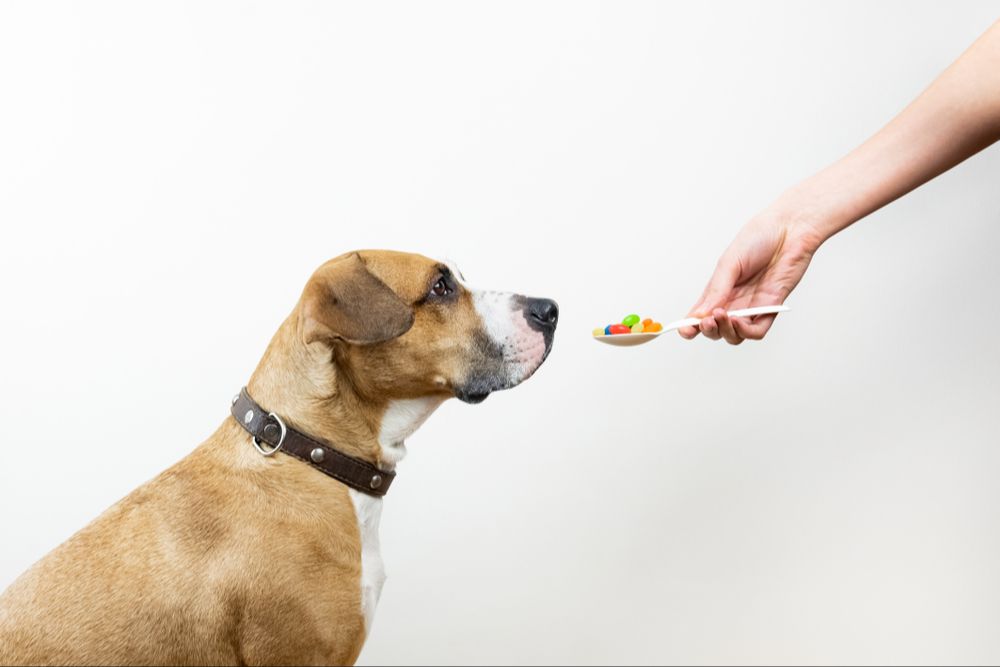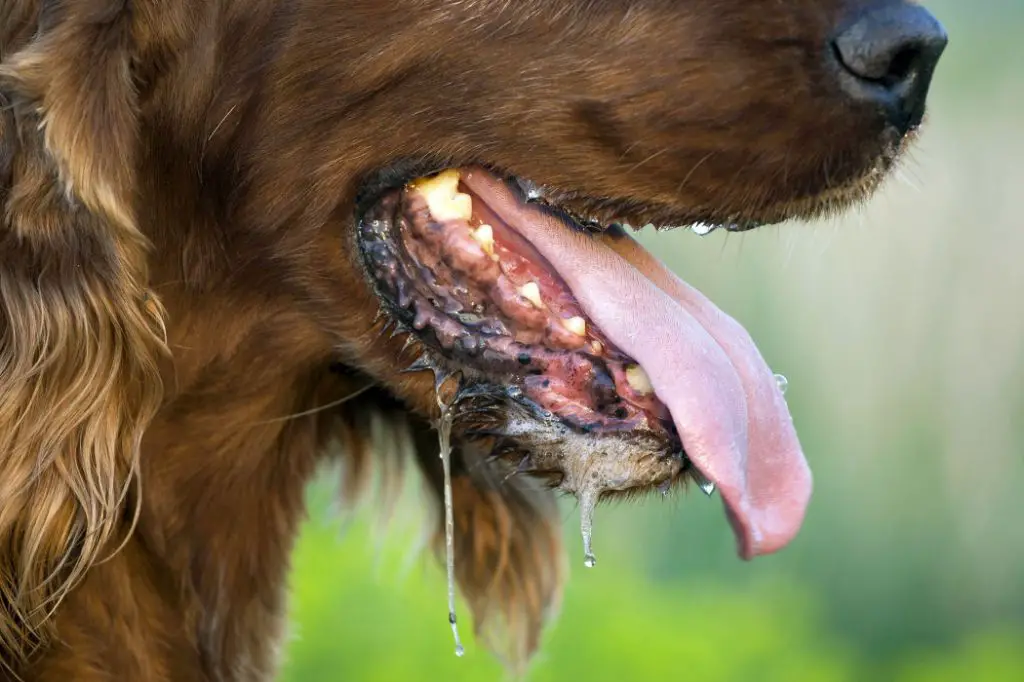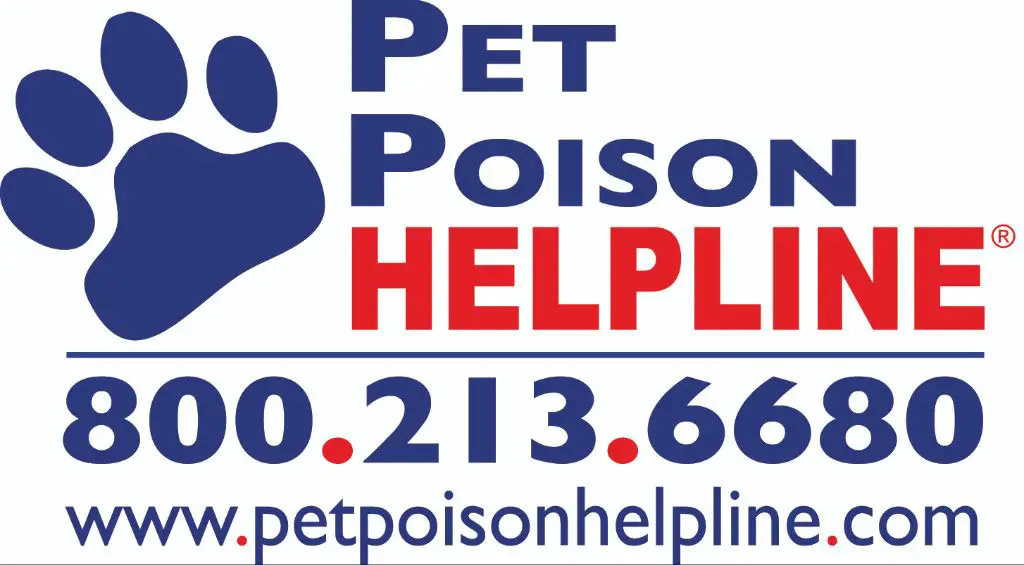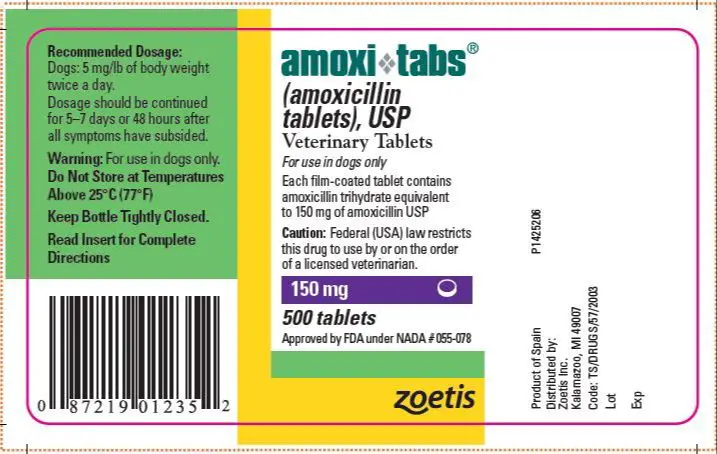Introduction
Taking medication prescribed for pets can be extremely dangerous for humans. Pet medications contain different active ingredients and dosages than human drugs, even though they may treat similar conditions. Consuming animal medication can lead to overdose, allergic reactions, and severe toxicity reactions in people. There is also a risk of medication errors and accidental poisoning, especially for young children and the elderly. Understanding the hazards and learning preventative steps is critical to avoiding potential harm. This article covers the risks of taking pet medicines and what to do if it occurs accidentally.
Differences Between Human and Animal Medications
There are important differences between medications formulated for humans versus those intended for animal use. These include:

-
Dosage – Pet medications are formulated at different dosages than human medications, even when treating the same condition. For example, the dosage of acetaminophen in tablets for dogs is much lower per pound of body weight than what is safe for humans.
-
Regulations and approvals – Human medications have to go through rigorous trials and approvals by the FDA before reaching the market. Pet medications are not subject to the same approval process and regulations.
-
Inactive ingredients – While the active ingredients may be similar, human vs. pet medications often contain different inactive ingredients. These “filler” ingredients impact absorption and metabolism.
-
Formulation – Medications made for pets are formulated specifically for an animal’s physiology. Tablet or capsule sizes, coatings, and delivery mechanisms are tailored for pets.
-
Packaging and labels – Pet medication packaging and labels are designed to be clear at a glance for pet owners, while human meds focus labeling toward doctors/pharmacists.
Due to these major differences, human medications can have entirely different effects when accidentally ingested by pets. Dosages and formulations meant for humans can potentially be toxic for animals.
Common Pet Medications and Their Effects
Some of the most common medications given to pets that humans may accidentally ingest include:
- Flea and tick prevention – These medications like Frontline, Advantix, Nexgard, etc. contain pesticides that can cause nausea, vomiting, and neurological symptoms in humans if ingested.
- Heartworm prevention – Medications like Heartgard and Interceptor contain anti-parasitics. Ingestion by humans in small doses is usually harmless, but may cause dizziness, nausea or vomiting in larger quantities.
- Pain relievers – Pet pain relievers contain NSAIDs or opioids that can cause stomach upset, ulcers or even liver damage in humans if too much is ingested.
- Antidiarrheals – Medications like Imodium and Kaolin-Pectin can cause constipation, upset stomach, and even toxicity when taken by humans in higher than prescribed pet doses.
The effects of ingesting pet medications accidentally depends on the type and amount of medication, as well as the size and health condition of the human. Very young children are especially vulnerable. Many pet meds can cause toxicity in humans when taken in higher than prescribed doses.
Risk Factors and Vulnerable Groups
Certain groups of people may be at higher risk for complications if they accidentally ingest pet medications. This includes:
-
Children – A child’s small body size means a medication dose intended for a pet could lead to an overdose. Children are also naturally curious and may accidentally ingest medications left out.
-
Elderly – Older adults often have pre-existing health conditions and take multiple medications. Pet meds could interact and cause issues.
-
Pregnant women – Some pet meds could potentially cause birth defects or complications if ingested during pregnancy.
-
Those with allergies – People with pet allergies could have a severe allergic reaction if they ingest a pet medication containing animal-derived ingredients.
In general, those with compromised immune systems or taking multiple medications should be especially cautious, as they may be more prone to side effects and drug interactions.
Signs and Symptoms

The signs and symptoms that can occur if someone accidentally takes a pet’s medication depend on the type of medication and dosage ingested. Some common effects include:
- Nausea or vomiting
- Diarrhea
- Drowsiness or fatigue
- Dizziness or headaches
- Rapid heart rate
- Breathing problems
- Seizures
- Tremors or muscle twitching
- Agitation or restlessness
- Confusion
- Hallucinations
The effects can range from mild to severe depending on factors like the person’s size and health condition, amount ingested, and the strength and toxicity of the medication. Very serious symptoms like seizures, hallucinations, and breathing problems may indicate a medical emergency.
Young children are especially vulnerable to pet medications and may experience dangerous effects even from small doses. Any amount ingested by a child should be treated as an emergency. The same is true for the elderly, pregnant women, and people with chronic medical conditions.
Pay close attention to any new side effects after accidental ingestion and monitor the person closely in the hours following. Call 911 or poison control if severe symptoms appear.
What to Do If It Happens
If you or someone else accidentally ingests a pet medication, remain calm but act quickly. Here are some important steps to take right away:

Call poison control or 911. Poison control experts can provide guidance based on the specific medication taken. Calling 911 is recommended for severe symptoms or if you are unable to reach poison control.
Call your doctor. Your physician may want you to come into the office or emergency room, especially if it was a significant amount of medication.
Induce vomiting if advised. Poison control or your doctor may instruct you to induce vomiting by giving syrup of ipecac. Only do this if directed.
Bring the medication container. Having the container with you, whether going to the ER or calling poison control, can help experts identify the medication and proper treatment.
Follow any other instructions. Poison control and medical professionals will provide advice specific to the medication, dose and your situation. Follow all instructions carefully.
Stay alert for any worrisome symptoms until you can be fully evaluated. Calling for help and being prepared to provide details can make a critical difference.
Preventative Measures
There are several ways to help prevent accidental ingestion of medications by children and pets:
- Store all medications in locked, childproof cabinets out of reach. Never leave pills in purses, nightstands, counters, or other accessible areas.
- Clearly label medication bottles with the patient’s name. Do not remove labels or mix multiple people’s medications in one bottle.
- Monitor children and pets when taking your own medications. Keep them away until the bottle is safely stored again.
- Dispose of unused or expired medications properly by mixing with coffee grounds or kitty litter and placing in a sealed container before throwing away.
- Never refer to medicine as “candy” or anything appealing to children.
- If giving a pet medication, carefully isolate them to ensure no other pets have access.
- Consider non-toxic alternatives for pets when possible, like natural calming aids.
Taking preventative measures can help avoid tragic accidents. Be vigilant about safe medication storage and disposal.
When to Seek Emergency Care
If you or someone else accidentally ingests a pet medication, it’s crucial to seek emergency medical care right away in certain situations.
Call 911 or go to the nearest emergency room if the following occurs after taking a pet medication:
- Difficulty breathing or swallowing
- Swelling of the lips, tongue, throat, or face
- Rapid heartbeat or irregular heart rhythms
- Seizures
- Blurred vision or dilated pupils
- Extreme sleepiness or inability to wake up
- Confusion, disorientation, or inability to think clearly
- Hallucinations or agitation
- Muscle spasms, tremors, or uncontrollable shaking
Emergency care should also be sought if a large amount or an entire bottle of medication was ingested. Overdoses can lead to severe, potentially life-threatening effects.
Likewise, promptly go to the ER if a child ingests pet medication, as even small amounts can be very dangerous for kids.
For any worrying symptoms, call poison control at 1-800-222-1222 to get expert advice. They can guide you on seeking emergency treatment if needed based on the specific medication and dosage.
Don’t wait to see if symptoms improve on their own. Time is critical when toxicity or overdose is a concern. With rapid medical care, serious outcomes may be prevented.
Long-Term Outcomes and Risks
In most cases, accidentally ingesting your dog’s medication once will not lead to any significant long-term health effects. However, certain medications, such as non-steroidal anti-inflammatory drugs (NSAIDs) like ibuprofen, can potentially cause stomach ulcers, kidney damage or gastrointestinal bleeding if too high of a dose is ingested.

Repeated or chronic exposure to pet medications, even in small amounts, could potentially lead to more serious long-term consequences depending on the drug. For example, consistently ingesting thyroid hormones meant for your dog could potentially lead to symptoms of hyperthyroidism in humans over time. Steroids like prednisone could cause Cushing’s syndrome. Seizure medications may lower the seizure threshold. Antibiotics could disrupt the normal gut bacteria.
The potential long-term risks really depend on the type of medication, dosage and duration of exposure. In general, limiting exposure as much as possible and seeking prompt medical attention for any accidental ingestion can help prevent any lasting effects on human health.
Conclusion
In summary, accidentally ingesting your pet’s medication can be dangerous, especially for children and the elderly. While many pet meds like flea and tick medication or joint supplements may just cause mild stomach upset, others like heartworm prevention and antidepressants can lead to serious neurological, cardiovascular, and gastrointestinal effects in humans.
It’s critical to keep all medications safely capped and stored up, out of reach of kids and pets. Always carefully check medication labels and doses before administering. If an accidental ingestion does occur, call your doctor or poison control right away. With prompt medical care, most effects are temporary. However, untreated overdoses can be fatal.
The safety of your family should always come first. While caring for your furry friends, be vigilant about medication precautions. This will help avoid potentially life-threatening accidents. With proper care and attention, you can continue to responsibly treat your pet’s conditions while protecting your human loved ones.